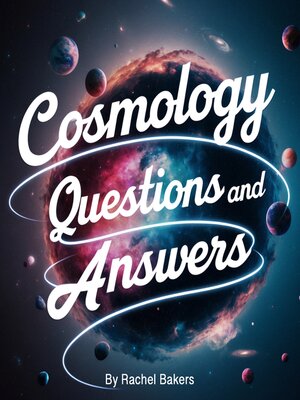
Sign up to save your library
With an OverDrive account, you can save your favorite libraries for at-a-glance information about availability. Find out more about OverDrive accounts.
Find this title in Libby, the library reading app by OverDrive.



Search for a digital library with this title
Title found at these libraries:
| Library Name | Distance |
|---|---|
| Loading... |
This audiobook is narrated by a digital voice.
The most fundamental question in cosmology asks how the universe began, and our current understanding points to an extraordinary event approximately 13.8 billion years ago that we call the Big Bang. This term, originally coined mockingly by astronomer Fred Hoyle who opposed the theory, now represents our best scientific explanation for cosmic origins, though it describes not an explosion in space but rather the rapid expansion of space itself from an incredibly hot and dense initial state.
What exactly happened during the Big Bang remains one of the most profound mysteries in science. The earliest moments we can reliably describe begin about 10^-43 seconds after the initial event, a time period called the Planck epoch. Before this moment, our current physics breaks down because the four fundamental forces of nature—gravity, electromagnetism, and the strong and weak nuclear forces—were unified in ways that require a theory of quantum gravity we don't yet possess. During these first inconceivably brief moments, the universe underwent a period of exponential expansion called cosmic inflation, growing from subatomic to astronomical scales in a fraction of a second.
Why did the Big Bang occur at all? This question pushes against the very limits of scientific inquiry, since asking about causation before time itself existed presents philosophical and physical challenges that may be fundamentally unanswerable through empirical methods. Some cosmologists propose that our universe emerged from quantum fluctuations in a preexisting vacuum state, while others suggest it represents one bubble in an eternal multiverse where Big Bangs occur continuously. The honest scientific answer is that we simply don't know what, if anything, caused our universe to begin existing.







